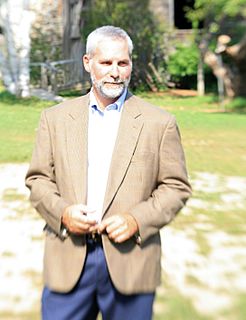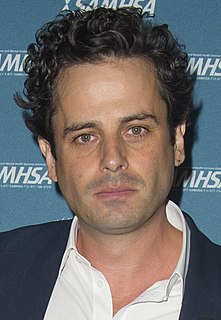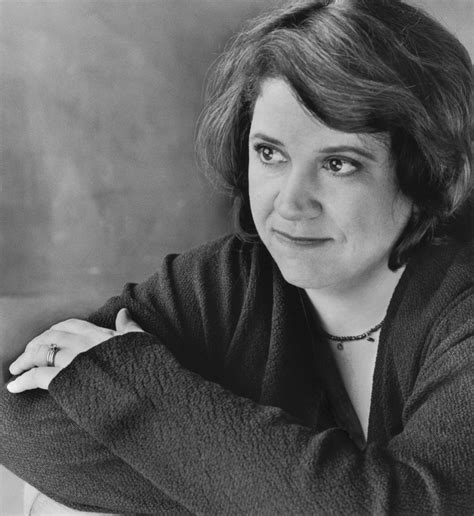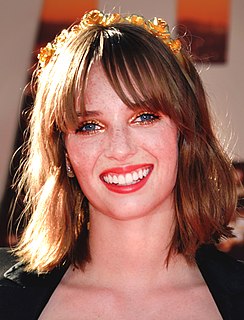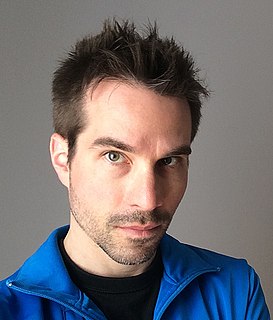A Quote by Joshua Foer
Woodworking requires a completely different kind of thinking and problem-solving ability than writing. With writing, you take a set of facts and ideas, and you reason your way forward to a story that pulls them together. With woodworking, you start with an end product in mind, and reason your way backward to the raw wood.
Related Quotes
Writing helps us heal in certain way, but it doesn't make the experience of thinking about writing that occasion any less painful. When you revisit trauma, you don't know what's going to be triggering for you because you don't know how it's connected in your mind. So in the same way when we write something, it doesn't completely resolve the experience for us. It can feel therapeutic, but that's not the reason why I do it. I do it to ask a question, or just to find meaning.
I have been taking some classes in woodworking. It's really helpful just looking at a problem, and having a very tangible way in constructing it. So much of the work that I'm used to begins in such a muddy realm and you try to shed light on it, make something grow out of it, but you don't really have anything to show for it except for the actually doing of it. But with woodworking, it's really sort of gratifying to be able to have an actual piece to touch, and then step back and be able to share it.
The story goes that every Jedi constructs his own lightsaber, and every penmonkey constructs his own pen. Meaning, we all find our own way through this crazy tangle of possibility. This isn't an art, a craft, a career, or an obsession that comes with easy answers and isn't given over to bullshit dichotomies. We do what we do in the way we do it and hope it's right. Read advice. Weigh it in your hand and determine its value. But at the end of the day - and at the start of it - what you should be doing is writing. Because thinking about writing and talking about writing just plain isn't writing.
I've always known that the best part of writing occurs before you've picked up a pen. When a story exists only in your mind, its potential is infinite; it's only when you start pinning words to paper that it becomes less than perfect. You have to make your choices, set your limits. Start whittling away at the cosmos, and don't stop until you've narrowed it down to a single, ordinary speck of dirt. And in the end, what you've made is not nearly as glorious as what you've thrown away.
Problems are hidden opportunities and constraints can actually boost creativity. If you have some crazy ideas in your mind, and that people tell you that it's impossible to make, well, that's an even better reason to want to do it, because people have a tendency to see the problems rather than the final result, whereas if you start to deal with problems as being your allies rather than your opponents, life will start to dance with you in the most amazing way.
The creative process requires more than reason. Most original thinking isn't even verbal. It requires 'a groping experimentation with ideas, governed by intuitive hunches and inspired by the unconscious.' The majority of business men are incapable of original thinking because they are unable to escape from the tyranny of reason. Their imaginations are blocked.
In a republican nation whose citizens are to be led by reason and persuasion and not by force, the art of reasoning becomes of first importance.... Reason and persuasion are the only practicable instruments. To make way for these, free inquiry must be indulged.... Let them take arms. The remedy is to set them right as to the facts, pardon and pacify them.
I am at my happiest when I'm problem solving and a large part of writing is for me a lovely labor in problem solving. Every act of discovery in writing involves a process of figuring out why I'm not seeing what I need to see. Niggling feelings, discomforts, a sense that you've forgotten or overlooked something, a sudden curiosity about what if here? - these are priceless. They are the bases of problems and lead the way.


